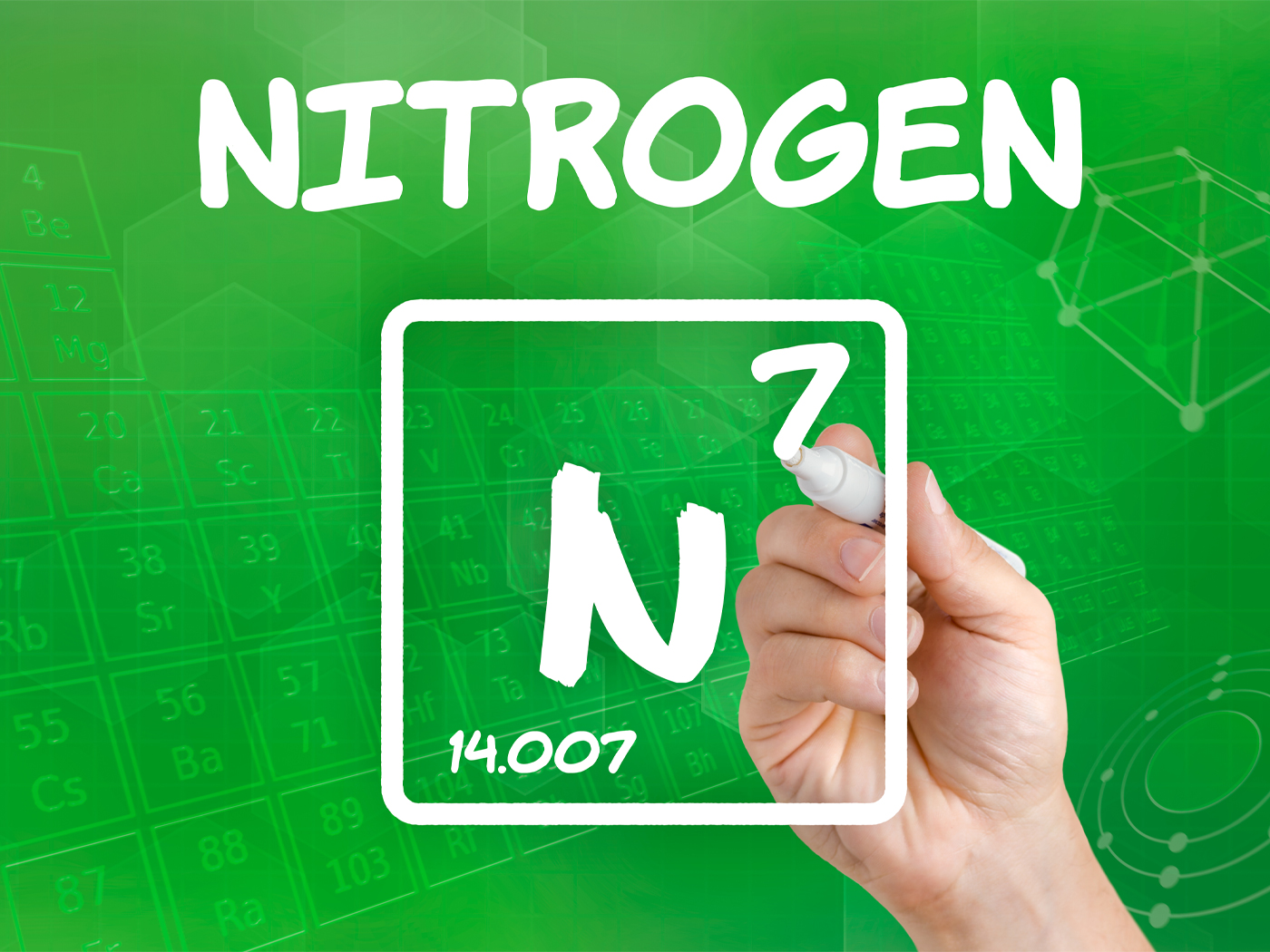Search Tools
New Defender's Study Bible Notes
Introduction to Leviticus
Leviticus is the central book of the Pentateuch and, like the others, was written by Moses. It continues the narrative of the book of Exodus, where the glory of God is upon the tabernacle at the end of Exodus. Leviticus begins as God is speaking to Moses out of the tabernacle (Exodus 40:38; Leviticus 1:1).
As with the other books of the Pentateuch, liberal critics allege that Leviticus was written long after Moses, probably after the return of the Israelites from their Babylonian exile. However, the book itself frequently claims that the Lord spoke all these things directly to Moses (Leviticus 1:1; 4:1; 5:14; etc.). The entire outlook and all the incidental references in the book (the sacrifices in the tabernacle, allusions to the wilderness, references to the camp, etc.) speak only of the exodus period, never of the later temple worship.
A remarkable phenomenon in Leviticus is the large percentage of the book that consists of verbatim quotations from God Himself. All the Bible is divinely inspired, but the particular method of inspiration varied widely from book to book. In this particular case, these portions of the book have actually been divinely dictated!
Major emphases in Leviticus include the various types of offerings ordained by God along with repeated affirmations of the holiness of God. The consecration and duties of the priests are described, as well as the various ritual laws. The dietary laws for God’s covenant people are found in the eleventh chapter, and the provision for the great day of atonement in the sixteenth. The feasts of the Lord are described in chapter 23. There is a remarkable prophetic sequence in the 26th chapter. Leviticus closes with the following summary: “These are the commandments, which the LORD commanded Moses for the children of Israel in mount Sinai” (Leviticus 27:34).
1:1 And the LORD. The book of Leviticus begins with the conjunction “and,” thereby showing its direct continuity with the closing verse of Exodus. God henceforth would usually speak to Moses in the tabernacle.
1:1 spake unto him. All Scripture is verbally inspired, but there were various methods by which this was accomplished. The result, rather than the method, is the key issue. God “in divers manners spake in time past unto the fathers by the prophets” (Hebrews 1:1). The idea of direct divine dictation is often ridiculed by liberals or denied with embarrassment by conservatives, but the fact is that this method was actually claimed by the human writers in many cases. The book of Leviticus is a prime example, with Moses asserting that over 90% of its verses were dictated by God. Similar claims were made by many of the prophets. “Is anything too hard for the Lord?” (Genesis 18:14).
1:3 burnt sacrifice. Burnt offerings were offered first of all by Abel (Genesis 4:4), as well as by the later patriarchs. It is the first of the five types of offerings mentioned in Leviticus as incorporated into the ceremonial law of Israel. In order to make a true atonement (or “covering”) for sins, the blood of a spotless animal must be shed, thereby anticipating the eventual offering of the sinless blood of the Lamb of God as a once-for-all offering for the sin of the world (John 1:29; I Peter 1:18-20; Hebrews 10:10).
1:4 hand upon the head. This act clearly identified the sacrificial animal with the person offering it. It is described first apparently to stress the dedication of the sinner fully to God in repentance and submission. It was to be completely consumed, none to be eaten by the priest or the sinner, and was to be offered both morning and evening, and to burn continually (Leviticus 6:13).
1:10 of the flocks. The offering could be either one of the cattle herd (Leviticus 1:2), or one of the flock (Leviticus 1:10), or a domestic fowl (Leviticus 1:14), depending upon the wealth or poverty of the one making the offering. It could not be an unclean or carnivorous animal, of course, and must be without blemish (Leviticus 1:3,10).















